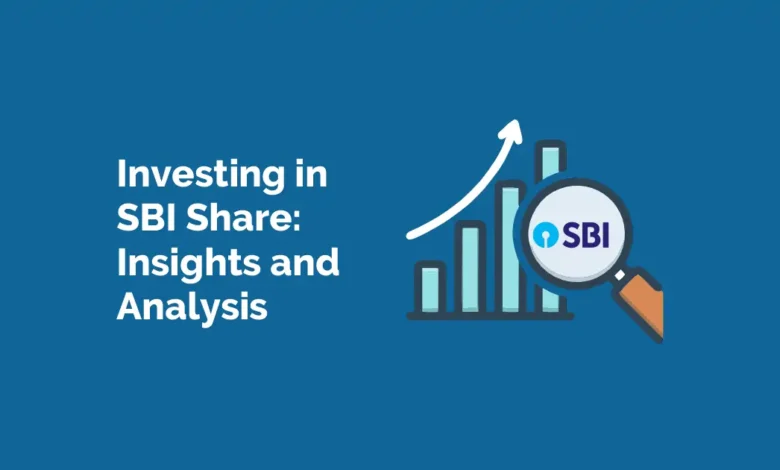
State Bank of India (SBI) is the largest public sector bank in India. Over the years, many retail and institutional investors have purchased its stock, and more often than not they have made a return on their investment. So, does it make sense for a retail investor to invest in the stock considering the share price of the State Bank of India? Let’s discuss.
Pros of investing in State Bank of India
-
Robust Financials
The bank’s performance is robust on many parameters. For example, its net non-performing assets (NPA) stood at just 0.57% as of June 30, 2024. In the banking sector, a net NPA of 1% is considered to be good.
The bank’s performance is better than the benchmark on this count. Its net interest margin (NIM) stood at 3.22% in the June 2024 quarter. NIM is the measure of the difference between the rate at which a bank lends money and the rate it pays on its deposits. An NIM of 3% is considered healthy in the banking sector.
SBI’s performance is better than that. The bank’s growth is fuelled by its significant base of current account and savings account (CASA) deposits, which formed 40.7% of its total deposits as of June 30, 2024.
Such deposits attract lower interest rates than term deposits. Hence, they reduce the cost of deposits of a bank. All these numbers are taken from the press release uploaded on the SBI’s website.
-
Government Ownership
As per the data available on the Bombay Stock Exchange’s (BSE) website, the government owns a 57.5% stake in the state bank of india share price. The government’s ownership provides a solid foundation for the bank’s growth.
For example, the government provides capital whenever it needs it. As banking is a capital-intensive sector, it helps the bank. Most importantly, people trust the State Bank of India, as the government is a majority shareholder in it.
No other bank has enjoyed the trust of people as much as SBI. As a result, people are willing to open their current and savings bank accounts with the bank, which drives up the bank’s CASA deposits and reduces its cost of funds.
-
Wide Branch Network
SBI has a wide branch network across the country. There is hardly a district where the bank does not have its branch. If there is growth potential in a nook or corner of India, SBI can easily tap into it due to its massive branch network.
Cons of investing in State Bank of India
-
The Bank’s Social Responsibility
As SBI is a government-owned bank, it has a bigger social responsibility than private-sector banks. For example, SBI is responsible for having branches in faraway places in a wide country like India, where private banks may not open a branch.
SBI has its network in such places so that people can access banking services everywhere in India. This shows that not every decision made by the bank is for the profit objective, as it also thinks about its social responsibility.
This is quite unlike private banks, which exist for the sole purpose of generating a return for their shareholders.
-
Relatively Slow Decision-Making
The fact that SBI is such a huge bank means that it becomes difficult to take quick decisions all the time. If quick decision-making is needed in a situation, SBI may not be able to do it due to its sheer size.
-
Not The Best Paymaster In The Industry
A company is only as good as its employees. And, in a highly capitalist economy, the best employees go to that employer, who pays them the highest salaries. However, SBI does not pay the best salaries in its industry. It is the private banks, which are known to pay the best salary packages in this space. Hence, SBI may not have the best talent in all its verticals.
Conclusion
If you have just open trading account, you may feel inclined towards investing in SBI. Before doing that, please understand the pros and cons of investing in it. We will also recommend you thoroughly analyse the ratios related to the State Bank of India’s share price, like the price-to-earnings (P/E) multiple and the price-to-book (P/B) ratio before making a decision.



